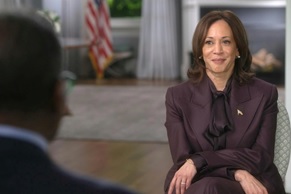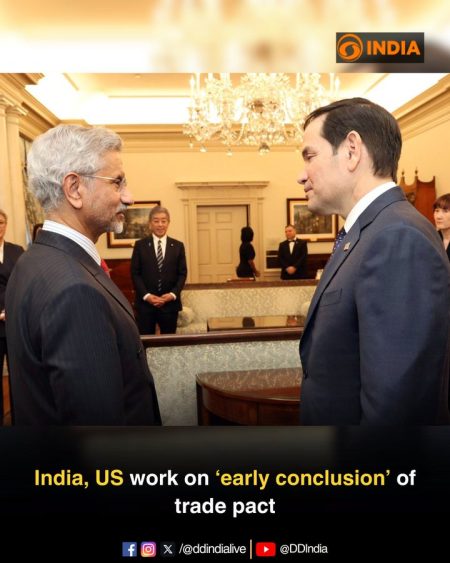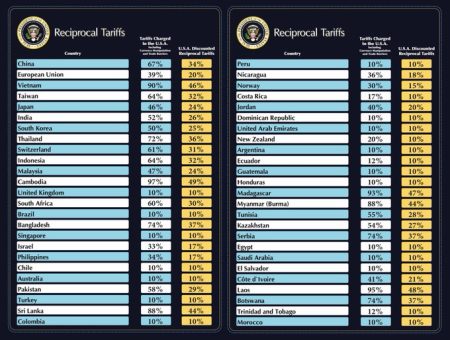 As the election approaches and with no scheduled debates against former President Donald Trump, these interviews could offer critical moments for potential revelations and newsworthy discussions in the last month leading up to the election.
As the election approaches and with no scheduled debates against former President Donald Trump, these interviews could offer critical moments for potential revelations and newsworthy discussions in the last month leading up to the election.
During the “60 Minutes” segment, Harris reiterated the Biden administration’s view of immigration as a persistent issue, indicating that Congress must take action to resolve it. When probed about the administration’s immigration policies, she attributed the surge in border crossings over the past three years to the pandemic’s impact. Although faced with queries about the timing of the administration’s response, Harris emphasized the need for Congressional collaboration to address the problem effectively, pointing to recent legislative efforts.
On the topic of international relations, Harris stated she would not meet with Russian President Vladimir Putin to negotiate an end to the conflict in Ukraine, asserting that Ukraine must play a pivotal role in shaping its future. She affirmed her commitment to supporting Ukraine against Russian aggression while refraining from commenting on potential NATO expansion.
In a notable moment of bipartisanship, Harris appeared alongside former Republican Representative Liz Cheney, who endorsed her, emphasizing the importance of upholding constitutional principles and the rule of law.
Additionally, Harris’s running mate, Minnesota Governor Tim Walz, acknowledged past inaccuracies in his statements and noted Harris’s advice to be more cautious with his words.
Finally, Harris criticized Trump for opting out of his scheduled “60 Minutes” interview, contrasting her openness to questions with Trump’s preference for controlled, friendly interactions. She asserted that the American public is ready for change and is looking for leaders who prioritize unity over personal grievances.










1 Comment
This is exactly what I was looking for. Thanks for the useful information.